Can You Add Essential Oils to Water to Drink
Have you ever wondered if you can add essential oils to water and drink them?
We delve into the world of essential oils and their potential benefits when added to water. From improved digestion to boosted immune system and enhanced mood, we discuss the various advantages of incorporating essential oils into your water intake.
We also explore the different ways to add essential oils to water safely, as well as which essential oils are safe to drink. So, grab a glass of water and let’s dive in!
Key Takeaways:
What Are Essential Oils?
Essential oils are highly concentrated plant extracts that capture the natural aroma and flavor of the plant. They are commonly used in aromatherapy to promote relaxation, improve mood, and address various health concerns.
These potent oils have been around for centuries, with origins tracing back to ancient civilizations such as Egypt, China, and India. The extraction process usually involves steam distillation, cold pressing, or solvent extraction methods to obtain the purest form of the oil.
Popular essential oils like Grapefruit, Lemon, Peppermint, and Lime are known for their therapeutic properties. Grapefruit oil is refreshing, Lemon oil is invigorating, Peppermint oil is revitalizing, and Lime oil is uplifting. Can you add essential oils in a drink?
When used in aromatherapy, these oils can help alleviate stress, boost energy, enhance focus, and even support immunity. Their versatility allows them to be diffused, applied topically, or used in massage oils, bath salts, and skincare products.
Can Essential Oils Be Ingested?
While essential oils are primarily used in aromatherapy, some individuals advocate for their internal use under the guidance of certified aromatherapists or health professionals.
The debate surrounding internal consumption of essential oils remains contentious as there are varying opinions on its safety and effectiveness.
It is crucial to note that not all essential oils are suitable for ingestion, and improper usage can lead to adverse reactions, including digestive issues and toxicity. Learn more about whether essential oils in water are safe to drink
Misconceptions about the benefits of ingesting essential oils often overlook the potential risks involved. Therefore, seeking advice from qualified experts and using high-quality, pure oils is paramount to ensure the therapeutic benefits without compromising one’s health and well-being.
What Are the Risks of Ingesting Essential Oils?
Ingesting essential oils can pose significant risks due to their high concentration and chemical composition. Some oils may be toxic or irritate the digestive system if consumed inappropriately.
It’s crucial to recognize that essential oils are potent substances and should not be treated like regular food or beverages. Their powerful properties can lead to adverse effects such as nausea, vomiting, or even organ damage when taken internally without proper guidance. Can you put essential oils in drinking water?
Despite common misconceptions, not all essential oils are safe for ingestion, and the purity and quality of the oil play a vital role in its safety. Industry standards advocate for diluting essential oils in a carrier oil before oral consumption to minimize the risk of toxicity and other harmful reactions.
How Can Essential Oils Be Used Safely?
To use essential oils safely, it is crucial to follow expert advice, adhere to dilution guidelines, and exercise caution, especially when considering ingestion.
Experts like Dr. Robert Pappas from Essential Oil University emphasize the importance of understanding the potency of essential oils and the need for proper dilution to avoid potential skin irritation or other adverse reactions.
When applying essential oils topically, it’s recommended to dilute them with a carrier oil such as jojoba or coconut oil to reduce skin sensitivity.
It’s essential to perform a patch test before widespread application to ensure compatibility and minimize the risk of allergic reactions.
What Are the Benefits of Adding Essential Oils to Water?
Adding essential oils to water can offer numerous health benefits, promoting wellness and enhancing the taste and aroma of the water.
When opting for drink essential oils in hot water, it’s crucial to select therapeutic grade oils suitable for internal use to ensure safety and effectiveness. These oils are specifically made for consumption and can aid in improving digestion by soothing the digestive system and reducing bloating.
Certain essential oils like peppermint and ginger can help boost immunity, providing a natural defense against illnesses. Lemongrass and citrus oils, on the other hand, are known for their mood-enhancing properties, making a glass of water infused with them a refreshing and revitalizing drink.
Incorporating the right essential oils into water may support weight management efforts by curbing cravings and promoting a feeling of fullness. It is essential to remember that a little goes a long way with essential oils, so always follow recommended dilution guidelines to prevent any adverse effects.
Improved Digestion
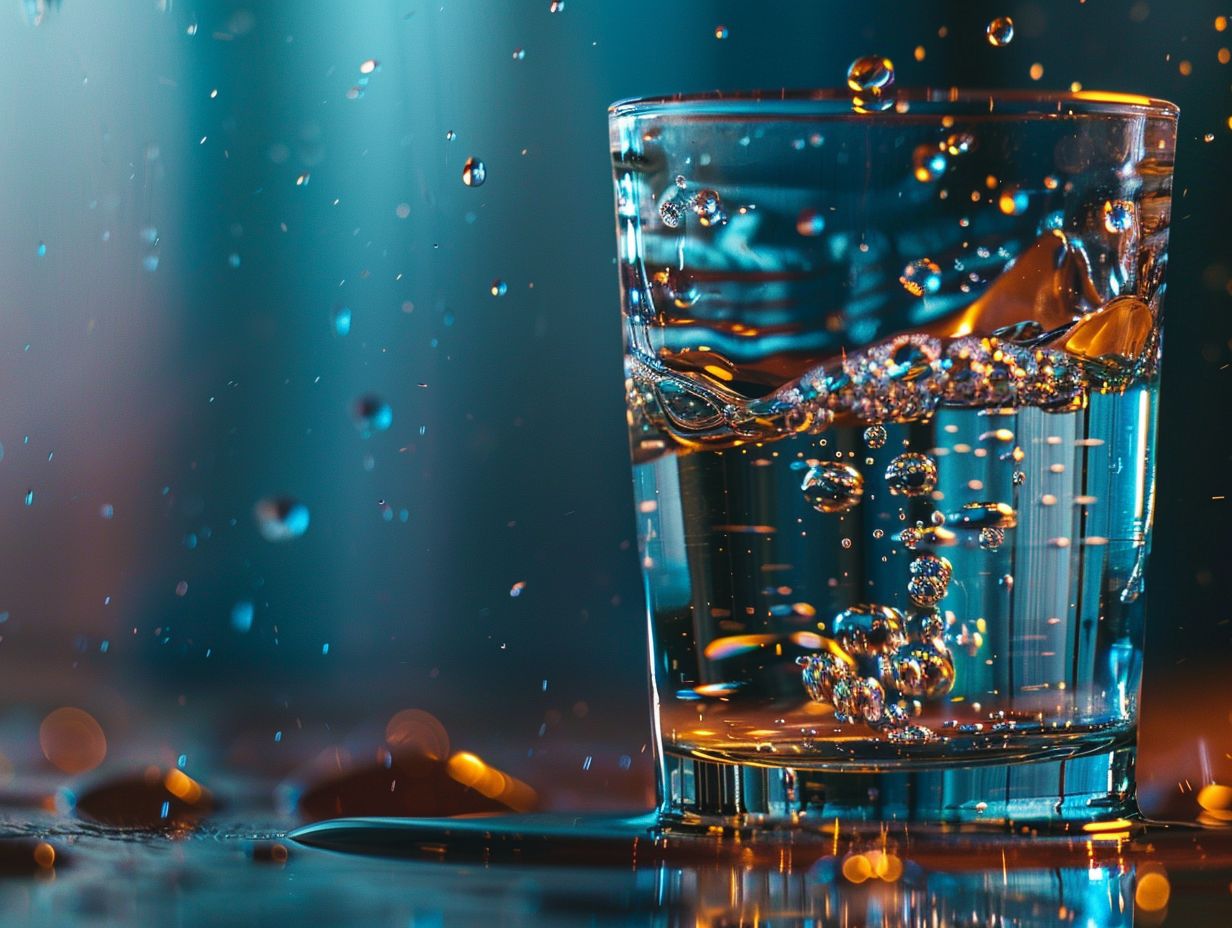
DigestZen is renowned for its soothing properties that can calm an upset stomach and reduce feelings of discomfort. Its unique blend of essential oils such as Peppermint, Ginger, Fennel, and Anise work synergistically to support the gastrointestinal system.
When using DigestZen, it is recommended to dilute a few drops in a glass of water before meals or when experiencing digestive issues. This gentle yet effective oil can be applied topically on the abdomen or diffused for aromatic benefits.
Boosted Immune System
Grapefruit essential oil is known for its immune-boosting properties when added to water, helping to support the body’s natural defenses.
Rich in antioxidants and Vitamin C, Grapefruit essential oil can help strengthen the immune system, making it more resilient against illnesses. The invigorating citrusy aroma of this oil not only uplifts the mood but also aids in reducing stress, which is crucial for a healthy immune response.
When using Grapefruit essential oil, it’s essential to dilute it properly as its concentrated form can cause skin irritation. Blending a few drops with a carrier oil like coconut or almond before applying topically is recommended.
Enhanced Mood and Mental Clarity
Certain essential oils like Lime can promote enhanced mood and mental clarity when infused in water, creating a refreshing and invigorating drink.
When diffused in the air, Lime essential oil can uplift the atmosphere and create a sense of positivity and energy. Its citrusy aroma is known to combat feelings of stress and fatigue.
To enhance its benefits, consider blending Lime oil with Peppermint or Bergamot for a more complex and grounding effect. Remember, a little goes a long way with essential oils, so start with a small amount and adjust according to your preference.
Potential Weight Loss Aid
Lemon essential oil has been linked to potential weight loss benefits when added to water, supporting metabolism and aiding in detoxification.
Due to its cleansing properties, essential oils in drinks can assist in flushing out toxins from the body and promoting better digestion. Incorporating a few drops of the oil in a glass of water daily may not only enhance hydration but also kickstart the metabolism. It is essential to note that while Lemon essential oil can be a helpful tool in a weight management regimen, it is not a magic solution. Consistency, paired with a balanced diet and regular exercise, is key to seeing sustainable results.
What Are the Different Ways to Add Essential Oils to Water?
There are various methods to incorporate essential oils into water, such as direct ingestion, dilution, or using a diffuser to infuse the water with aroma and flavor.
When considering direct ingestion, be cautious as certain essential oils can be toxic if consumed excessively. Dilution is often recommended for safe consumption by adding a few drops of essential oil to a carrier oil or honey before mixing it into water.
A diffuser can also be an effective way to enjoy the benefits of essential oils in water – simply add a few drops of oil to the diffuser along with water for a subtle infusion. Remember to always check the oil’s safety guidelines and consult a professional for proper blending ratios to enhance taste and ensure safety.
Direct Ingestion
Direct ingestion of essential oils into water involves adding a drop or two of the oil directly for immediate consumption, offering a natural and convenient way to enjoy the benefits.
It is essential to choose high-quality, food-grade essential oils to ensure safety and purity. When properly diluted in water, these oils can provide a refreshing and aromatic twist to your daily hydration routine. It is crucial to exercise caution and moderation, as essential oils are potent concentrates that should not be consumed in large quantities. Always start with a minimal amount, as even a small drop can have a significant impact. By incorporating essential oils into your water intake, you can potentially support your well-being and elevate your hydration experience.
Diluted in Water

Diluting essential oils in water ensures safe usage by reducing their concentration and potential risks, making them suitable for daily consumption or topical application.
When diluting essential oils, a common dilution ratio is 1-2 drops of essential oil per 1 tablespoon of water. This not only helps in avoiding skin irritation or adverse reactions due to the strong concentration of pure essential oils but also ensures that the oil spreads evenly for better absorption and efficacy. For topical application, you can mix essential oils with carrier oils like jojoba, coconut, almond, or olive oil to optimize their benefits and prevent skin sensitivity.
Using a Diffuser
Using a diffuser to infuse water with essential oils allows for a gentle and continuous release of aroma, creating a therapeutic and pleasant environment.
Incorporating essential oils into water through diffusion is not only a delightful way to enjoy their scents but also offers potential wellness benefits. The process involves adding a few drops of your preferred therapeutic-grade oils to a diffuser filled with water, which then disperses the aromatic molecules into the air. These molecules can have a calming effect on the mind and body, promoting relaxation and stress relief.
Which Essential Oils Are Safe to Drink?
Certain essential oils like Lemon and Peppermint are considered safe for ingestion when used appropriately and in moderation, offering flavorful and health-supporting properties.
When selecting essential oils for internal use, it is crucial to prioritize quality. Look for oils that are pure, organic, and free from additives. Poor quality oils may not only be ineffective but also potentially harmful.
It is recommended to start with small doses when ingesting essential oils, gradually increasing as needed. For Lemon oil, a typical dose may vary from 1-3 drops diluted in water, providing a refreshing flavor boost and supporting digestion. Similarly, Peppermint oil can be ingested by adding 1 drop to herbal tea for a soothing effect on the stomach and to promote respiratory health.
Lemon Essential Oil
Lemon essential oil is a popular choice for water consumption, known for its refreshing taste and potential health benefits, dispelling myths about its acidity.
Adding a few drops of Lemon essential oil to your daily water intake can kick start your day with a burst of freshness. Not only does it enhance the flavor of your water, but it also acts as a natural detoxifier, aiding in flushing out toxins from your body. The vitamin C content in Lemon oil can boost your immune system, promoting overall health and well-being.
Contrary to common misconceptions, when properly diluted, Lemon essential oil is safe for internal consumption and can provide a myriad of benefits. Its clarifying properties can help cleanse your digestive system and support healthy digestion.
Peppermint Essential Oil
Peppermint essential oil is widely recognized for its cooling sensation and digestive support when added to water, offering a refreshing and invigorating experience.
When consumed, this essential oil can help alleviate symptoms of indigestion, bloating, and gas due to its ability to relax the muscles of the gastrointestinal tract. It promotes healthy digestion by stimulating bile flow and reducing inflammation in the gut. The aroma of peppermint is not only invigorating but also has been shown to boost mood and mental clarity. Its vibrant flavor can uplift the senses and provide a natural remedy for nausea or motion sickness.
Lavender Essential Oil
Lavender essential oil can promote relaxation and calmness when added to water, backed by research on its soothing effects and stress-relieving properties.
Studies have shown that Lavender oil can help reduce feelings of anxiety and improve sleep quality. By incorporating a few drops into a warm bath or using a diffuser, individuals may experience a sense of tranquility and mental peace.
The gentle aroma of Lavender is believed to lower heart rate and blood pressure, creating a serene environment conducive to winding down after a long day.
When used topically, diluted Lavender essential oil can also alleviate headaches and migraines, further enhancing its reputation as a versatile remedy for both mental and physical well-being.
Ginger Essential Oil
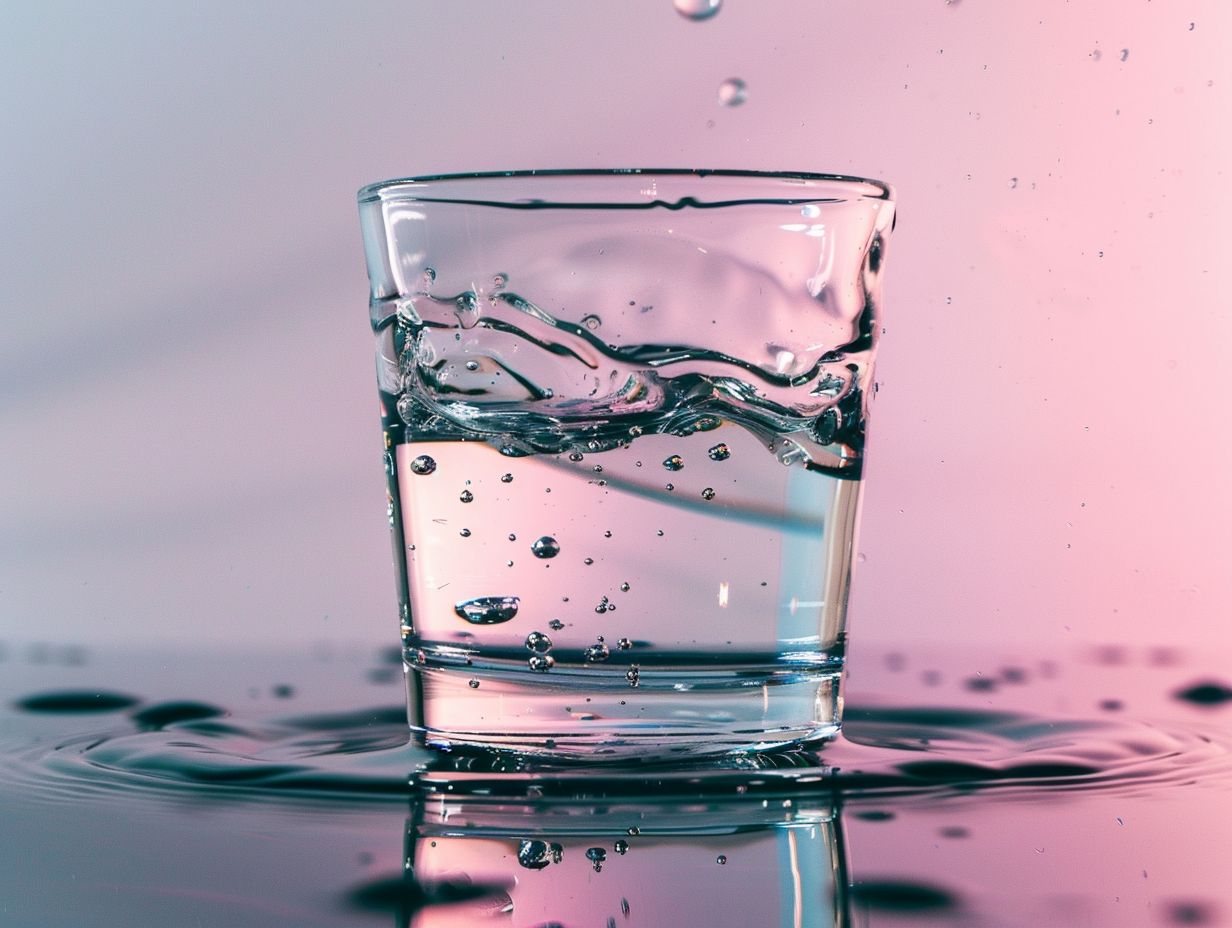
When diluted properly, adding a few drops of ginger essential oil to a glass of water can stimulate digestive enzymes, helping to break down food more efficiently and prevent bloating. Its anti-nausea effects can be especially beneficial for motion sickness or morning sickness during pregnancy. Additionally, ginger essential oil has been used in traditional medicine to alleviate indigestion, gas, and abdominal discomfort.
To make the most of its therapeutic benefits, it is recommended to consume ginger essential oil-infused water in moderation. Excessive intake may lead to stomach upset or irritation. It is advisable to start with a small amount and observe how your body reacts before increasing the dosage. Always opt for high-quality, organic ginger essential oil from reputable sources to ensure purity and efficacy.
How Much Essential Oil Should Be Added to Water?
Determining the appropriate dosage of essential oils to add to water depends on factors like concentration, intended benefits, and individual tolerance levels, ensuring safety and efficacy.
Industry standards recommend starting with a low concentration, usually around 1-2 drops per 100ml of water, to avoid potential skin irritations or sensitivities.
It’s crucial to consider the price of essential oils as well, as some potent varieties can be quite expensive, making it cost-effective to use them sparingly.
Consumer guidelines often suggest a gradual approach, increasing the dosage slowly to gauge the body’s response and avoid overwhelming the senses.
Frequently Asked Questions
Can you add essential oils to water to drink?
Yes, you can add essential oils to water to drink, but it is important to do so safely and in moderation.
What are some benefits of adding essential oils to water?
Adding essential oils to water can provide a refreshing and flavorful drink, as well as potential health benefits such as improved digestion and boosted immune system.
Which essential oils are safe to add to water for drinking?
Some essential oils that are safe to add to water for drinking include lemon, peppermint, and lavender. However, it is important to research and use caution with any essential oil before consuming.
How should essential oils be added to water for drinking?
Essential oils should be added to water in very small amounts, typically only 1-2 drops per 8 ounces of water. It is also important to use only high-quality, pure essential oils and to mix well before drinking.
Are there any risks to adding essential oils to water for drinking?
Yes, there are potential risks to adding essential oils to water for drinking, such as allergic reactions, irritation, and interactions with medications. It is important to consult with a healthcare professional before consuming essential oils in any form.
What are some alternative ways to use essential oils besides adding them to water for drinking?
Essential oils can be used in a variety of ways besides adding them to water for drinking. They can be diffused, applied topically, or used in cooking and baking. It is important to research and follow proper safety precautions for each method of use.

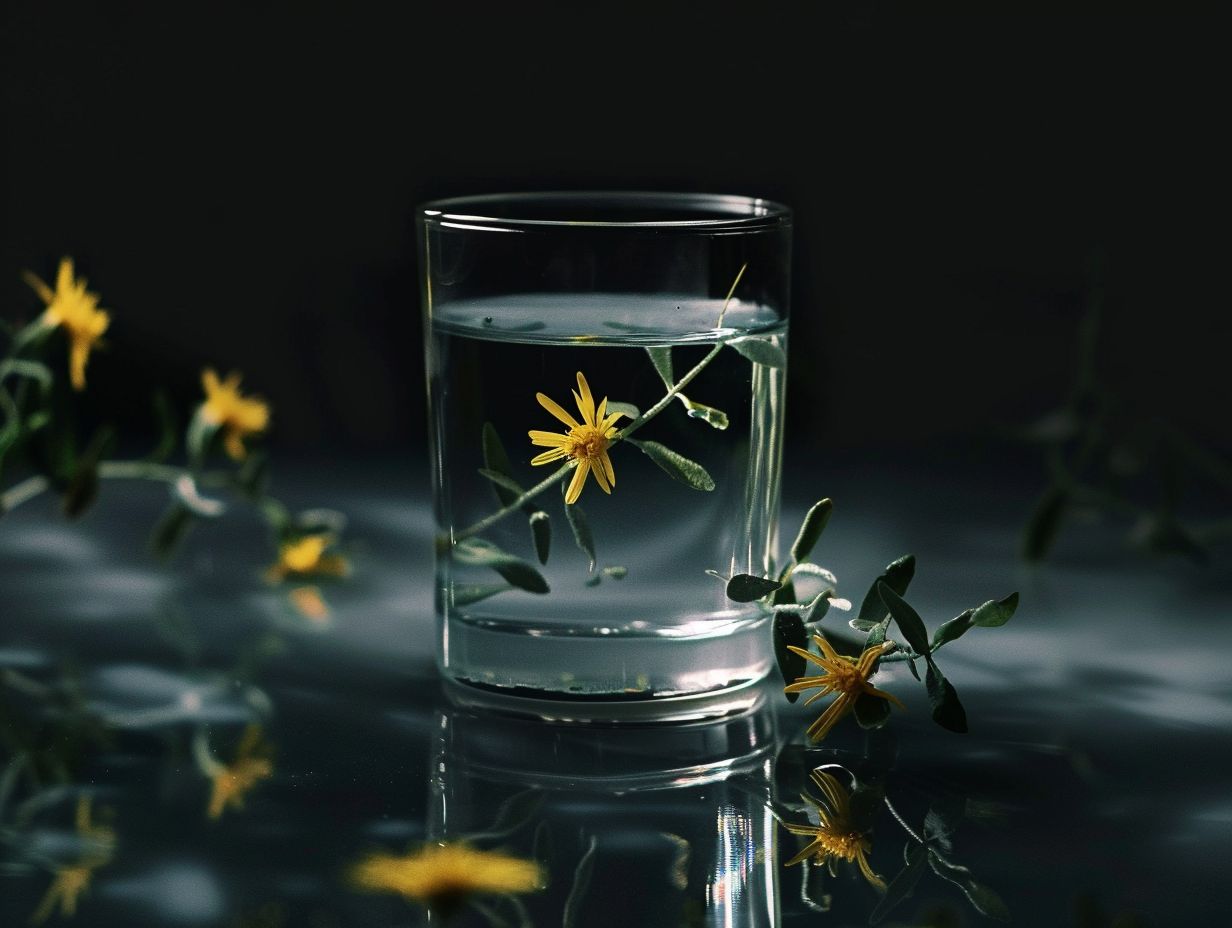
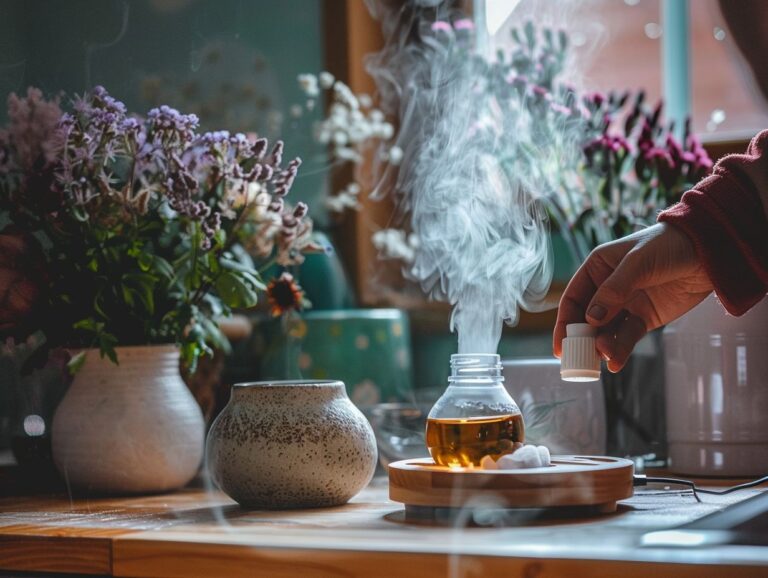
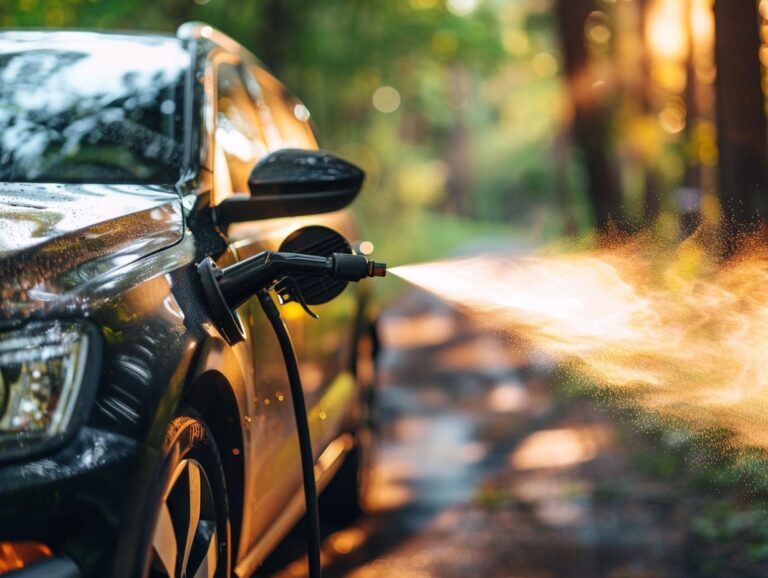
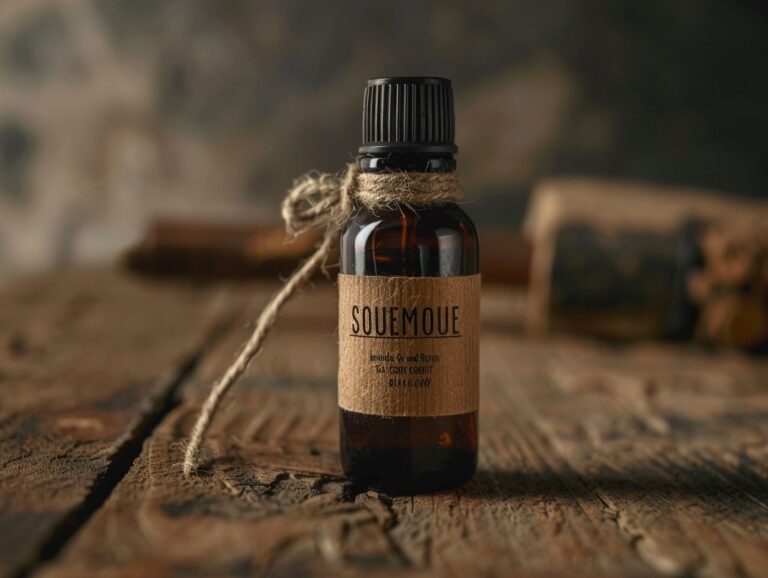
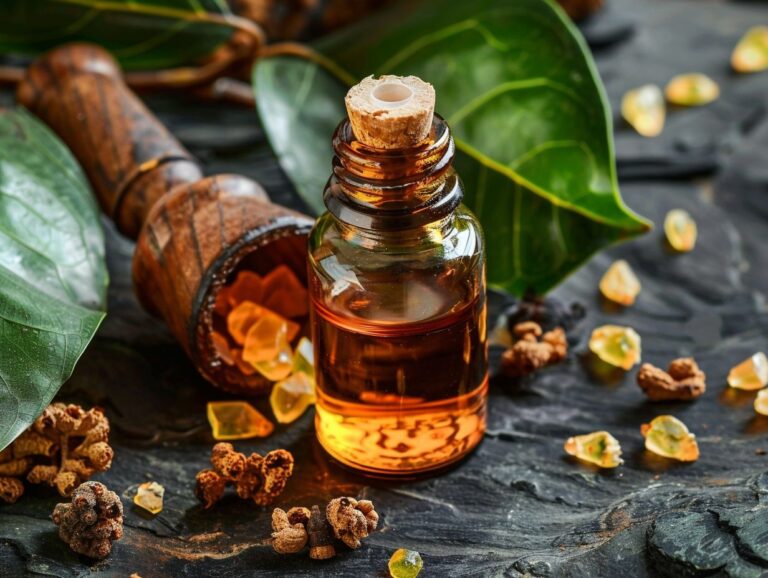


5 Comments